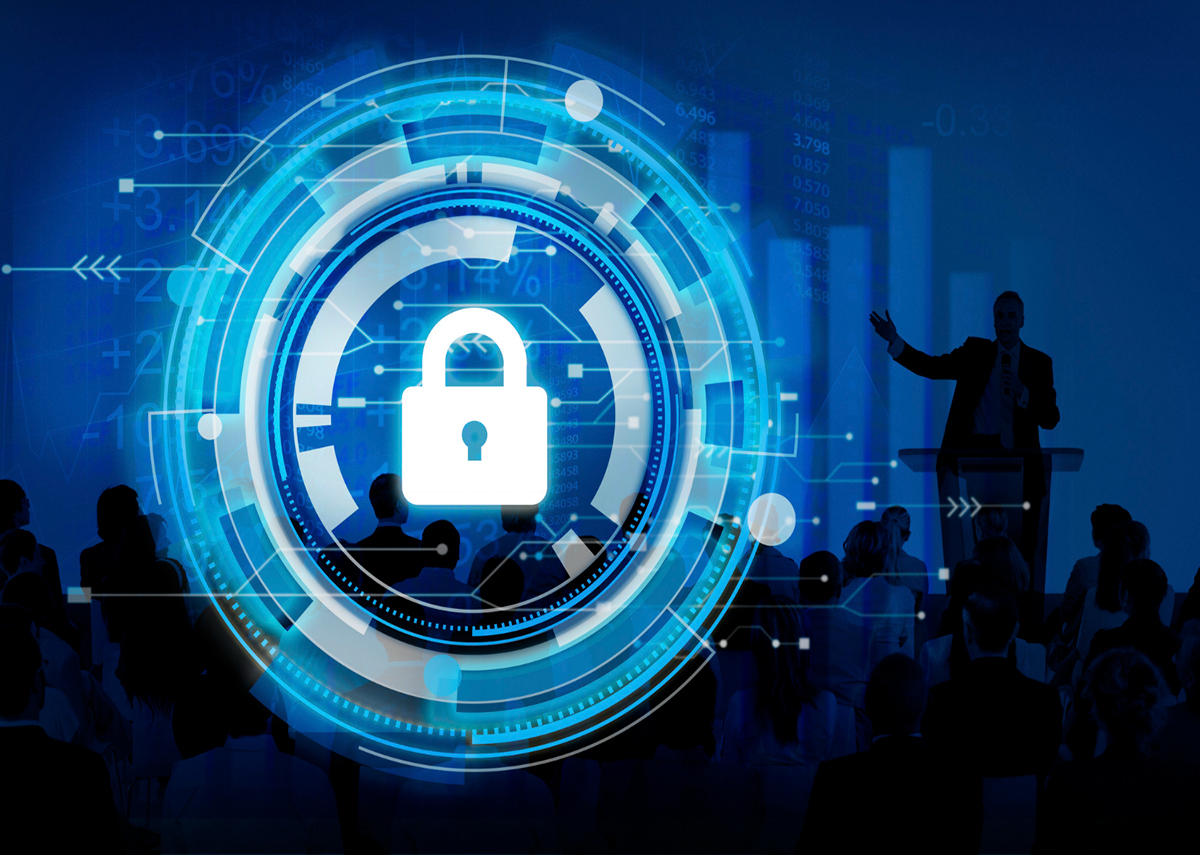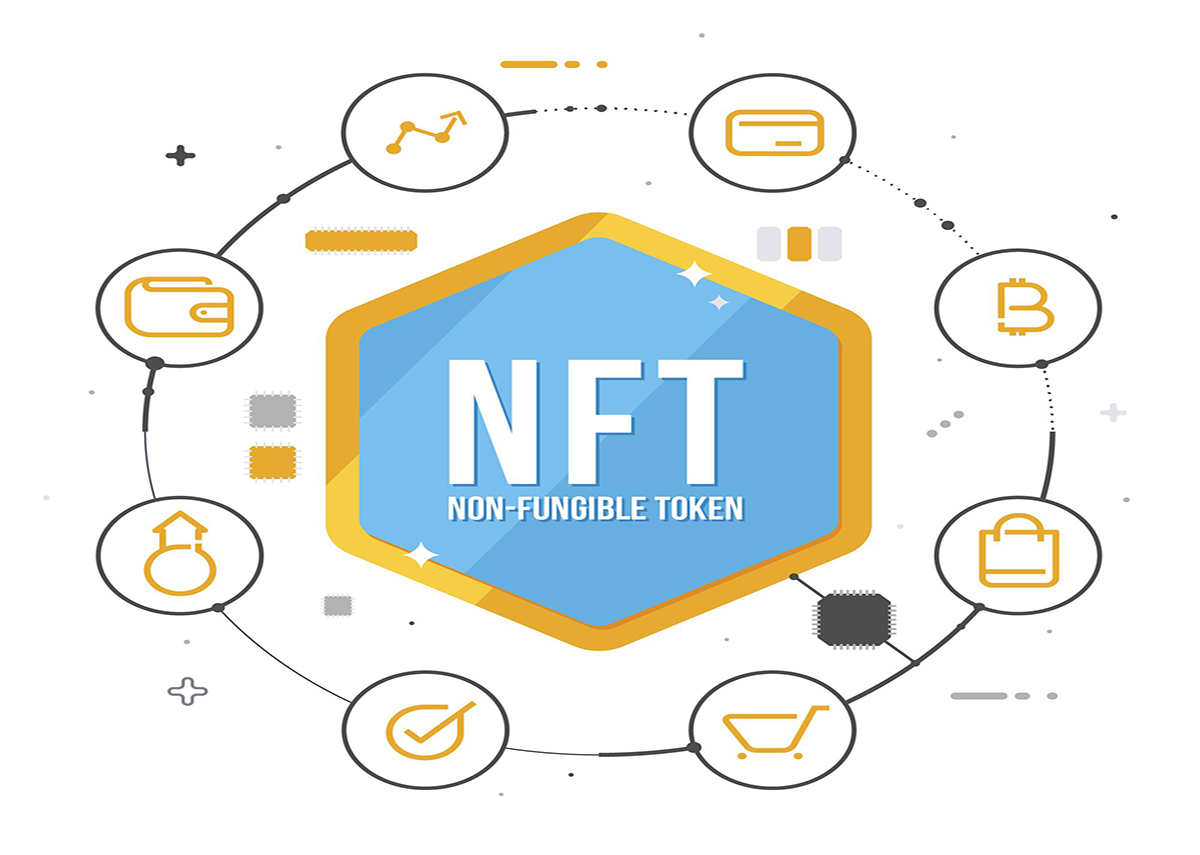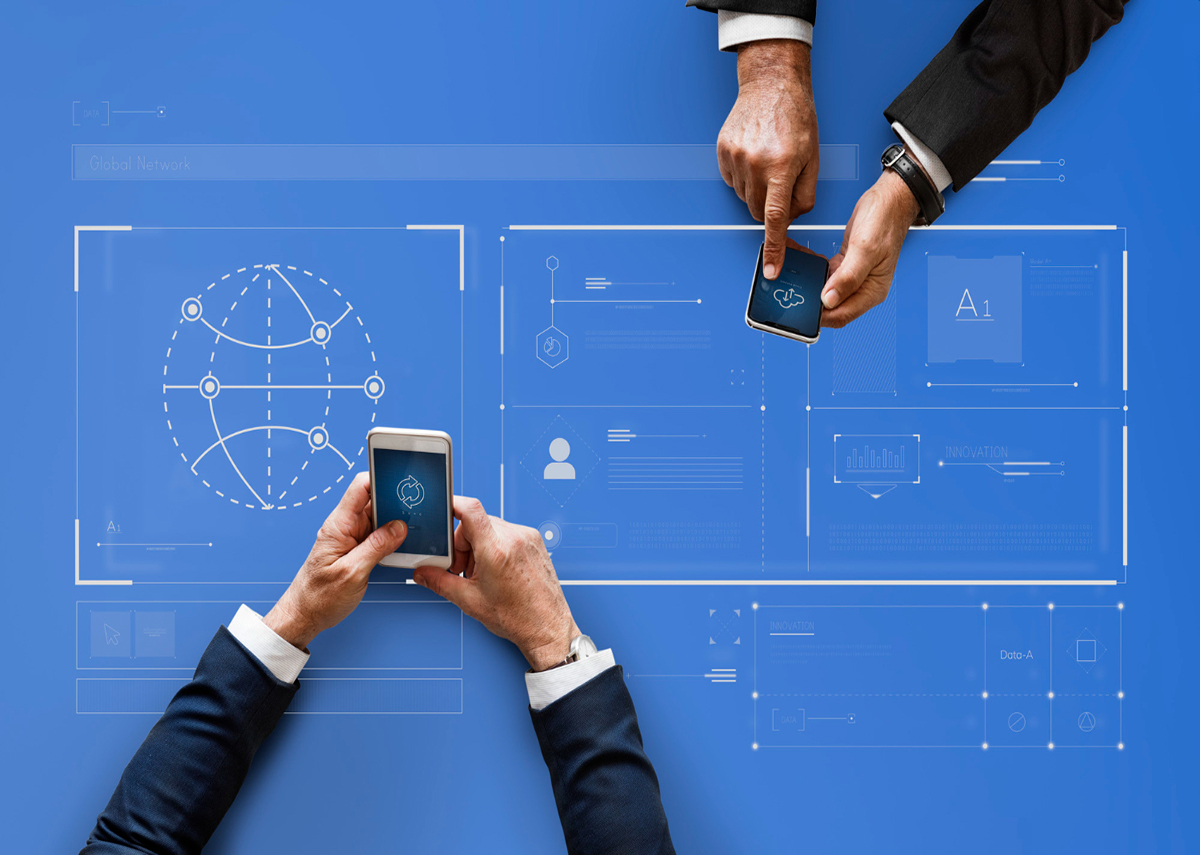
5G is the 5th generation cellular technology, a massive leap forward from its predecessors. 5G networks offer lower latency, increased speed and more reliable connections than ever before. 5G has the potential to revolutionize how ...

Autonomic computing is the idea in technology that systems can manage themselves and self-regulate their operations. Autonomic computing enables businesses to automate their IT systems and networks to reduce workloads, prevent errors, and make sure ...

When it comes to our emails, we trust that they are secure. However, if steps are not taken to protect ourselves and our data, email security can be compromised. Emails can contain sensitive information ranging ...

SaaS, or software as a service, is a type of subscription software that allows users to access and use the software from a remote location. SaaS is becoming increasingly popular for companies of all sizes ...

Proxy servers and VPNS are two commonly used tools for online security. Both provide a way to encrypt your traffic and route it through a server, but they differ in how they work and the ...

Cybersecurity mesh is a growing technology that focuses on online security solutions for digital assets. It keeps digital assets secure while providing safe access points.

Non-Fungible Tokens markets comprise massive revenues and countless market cap expansions. Meanwhile, NFT scams have become a serious issue; here's more!

The cybersecurity world is once again vulnerable against the modern threats and dangers. Here’s how you can protect your business from the latest cybersecurity threats.

Internet of Things has introduced a vast array of software and hardware applications around the world with outstanding connectivity. However, some challenges limit IoT today.

Understanding the pros and cons of cloud and local networks, you can evaluate the options and make a wise decision. Below you will find some future limitations of a cloud computing system for businesses.
